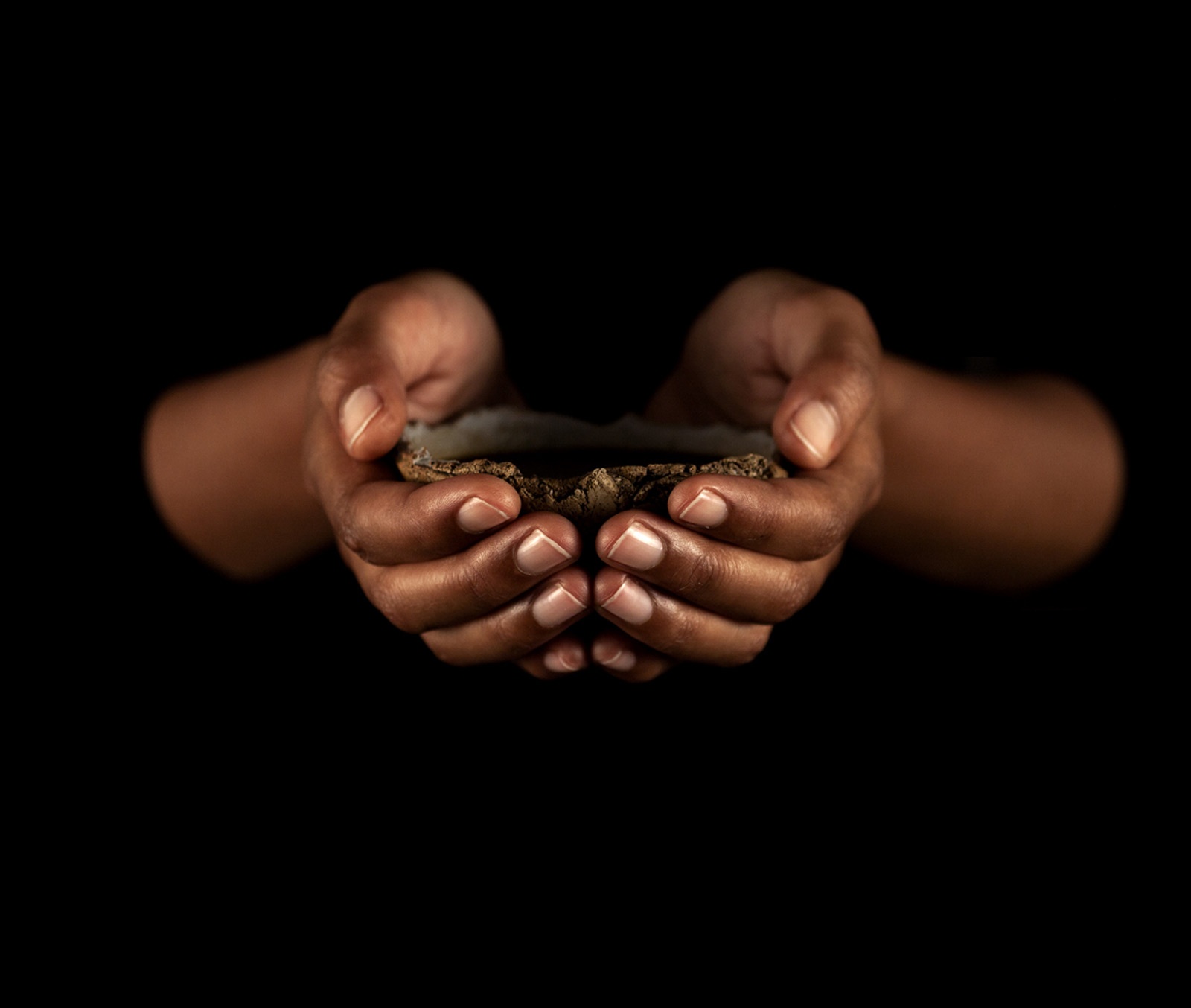The Ayahuasca Defense Fund works to provide advice to people experiencing problems with the justice system due to using ethnobotanicals plants and to provide support for the defense of related legal cases.
Right to religious freedom
The right to consume ethnobotanicals as religious sacraments is one of the human rights protected for certain groups of people.
The 1971 Convention on Psychotropic Substances let states make reservations for plants that are traditionally used by small, clearly determined and geographically limited groups in religious rites (Art. 32.4). The stated consideration driving the inclusion of this provision in the treaty was the right of indigenous peoples to traditional uses of sacramental plants.
International human rights laws recognize freedom of religion. Three treaties apply: The European Convention on Human Rights (ECHR) Article 9, The International Covenant on Civil and Political Rights (ICCPR) Article 18, and the American Convention on Human Rights (ICHR) Article 12.
However, religious freedom is subject to certain limitations ‘prescribed by law and necessary in a democratic society in the interests of public safety, for the protection of public order, health or morals, or for the protection of the rights and freedoms of others’ (see Article 9, ECHR).
The rights to freedom of religious thought and actions are distinct from each other. Religious thoughts can’t be limited. Religious actions, like drinking sacramental ayahuasca, can. Those limitations and regulations can be challenged at the international level, but the criteria are strict. Bringing a case to an international court or human rights treaty body is a complex process requiring expert legal guidance.
In 2014, the European Court on Human Rights recently held that national regulations on the religious use of ayahuasca were not a violation of the right to religious freedom in ECHR Article 9 for the specific case under examination. This decision on inadmissibility concluded that regulating ayahuasca, even if it meant confiscating it, was necessary in a democratic society in the interests of public health.
The implications of this case are not yet clear. Follow the Ayahuasca Defense Fund on Twitter and Facebook and subscribe to the ADF newsletter to stay informed on developments in the law.
The Ayahuasca Defense Fund aims to bring together some of the best ayahuasca lawyers and experts, alongside and the most cutting-edge information on ayahuasca law and policy for the expert legal guidance required to navigate the international judicial process.
Human rights of indigenous peoples
In the past century, Western societies have exerted political and economic domination over indigenous cultures, stripping them of their resources and neglecting their human rights. This has included the exclusion and marginalization of traditional systems of belief and treatments as a source of healing. The sliding towards illegality or legal uncertainty of substances such as coca leaf, cannabis, ayahuasca or iboga as a result of drug control has prevented the full development of indigenous traditional medicine, the only healing power available in much of the world’s societies, whose population lacks access to basic health services.
International law has worked to protect indigenous medicinal knowledge, which has resulted in various instruments including the Declaration on the Rights of Indigenous Peoples, 2007 (in particular Articles 24 and 31) and Convention No. 169 of the International Labour Organization on Indigenous and Tribal Peoples, 1989 (Article 25).
The UN 2007 Declaration specifically states that indigenous peoples have the right to their traditional medicines and to maintain their medical practices, including the conservation of their vital medicinal plants, animals and minerals (Art. 24) as well as the right to maintain, control, protect and develop their cultural heritage, traditional knowledge and traditional cultural expressions, including medicines (Art. 31).
Protection of indigenous medical knowledge also comes from intellectual property rights. In the famous ayahuasca patent case, in 1986 a U.S. citizen obtained a patent for ayahuasca from the United States Patent and Trademark Office (PTO) under the name “Da Vine.” After indigenous peoples learned about the patent and filed protest in 1999, the PTO issued a decision rejecting the patent on Da Vine. For analysis of how indigenous intellectual property rights can protect traditional medical knowledge, we recommend “How Intellectual Property Could Be a Tool to Protect Traditional Knowledge” by David Downes in the Columbia Journal of Environmental Law, volume 25 (2000: 253).
Relevant documents to download
2007 United Nations Declaration on the Rights of Indigenous Peoples
OIT Indigenous and Tribal Peoples Convention, 1989 (No. 169)

